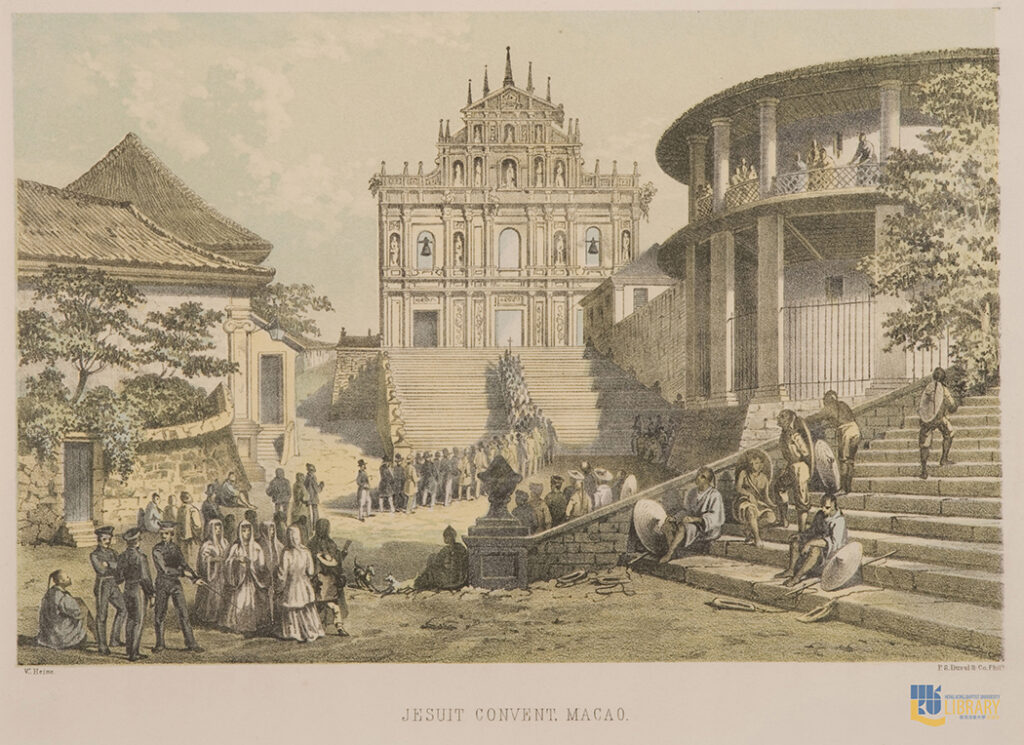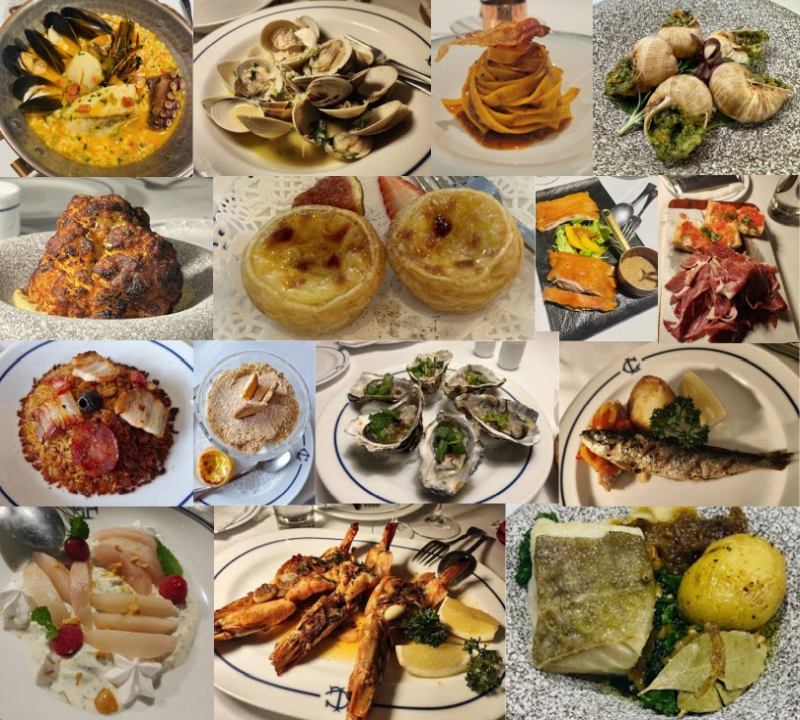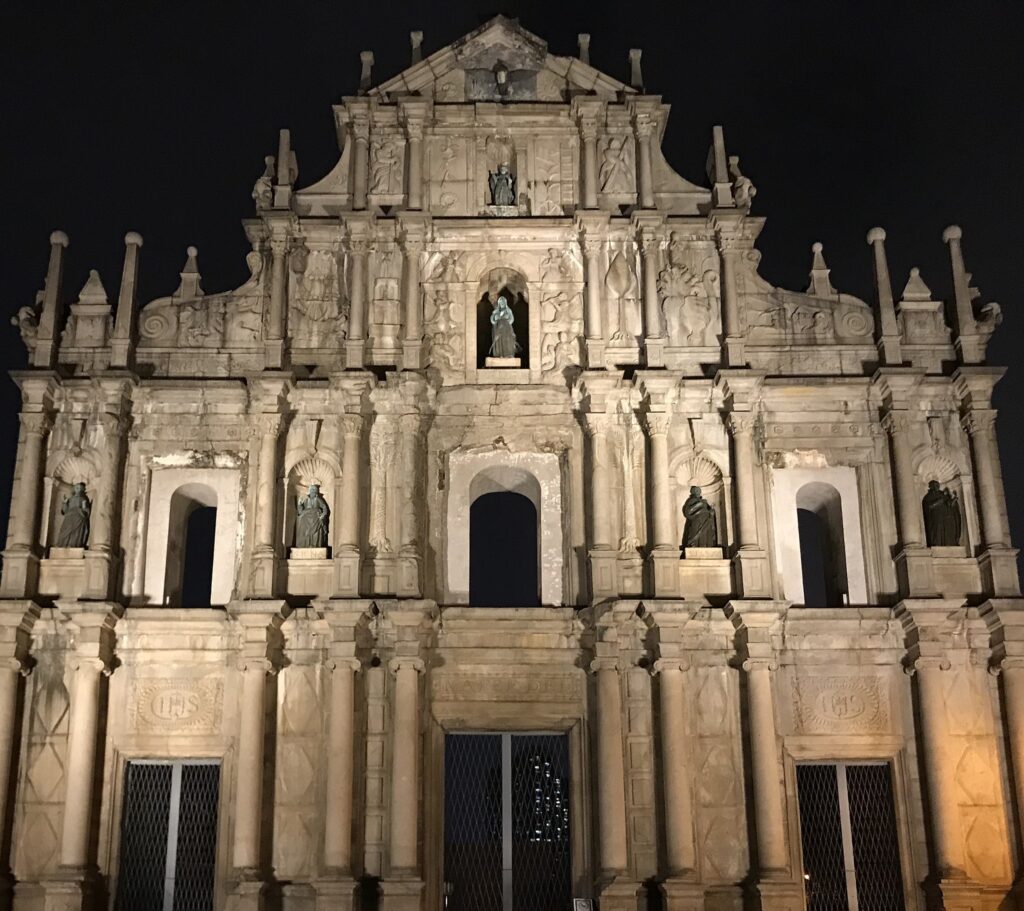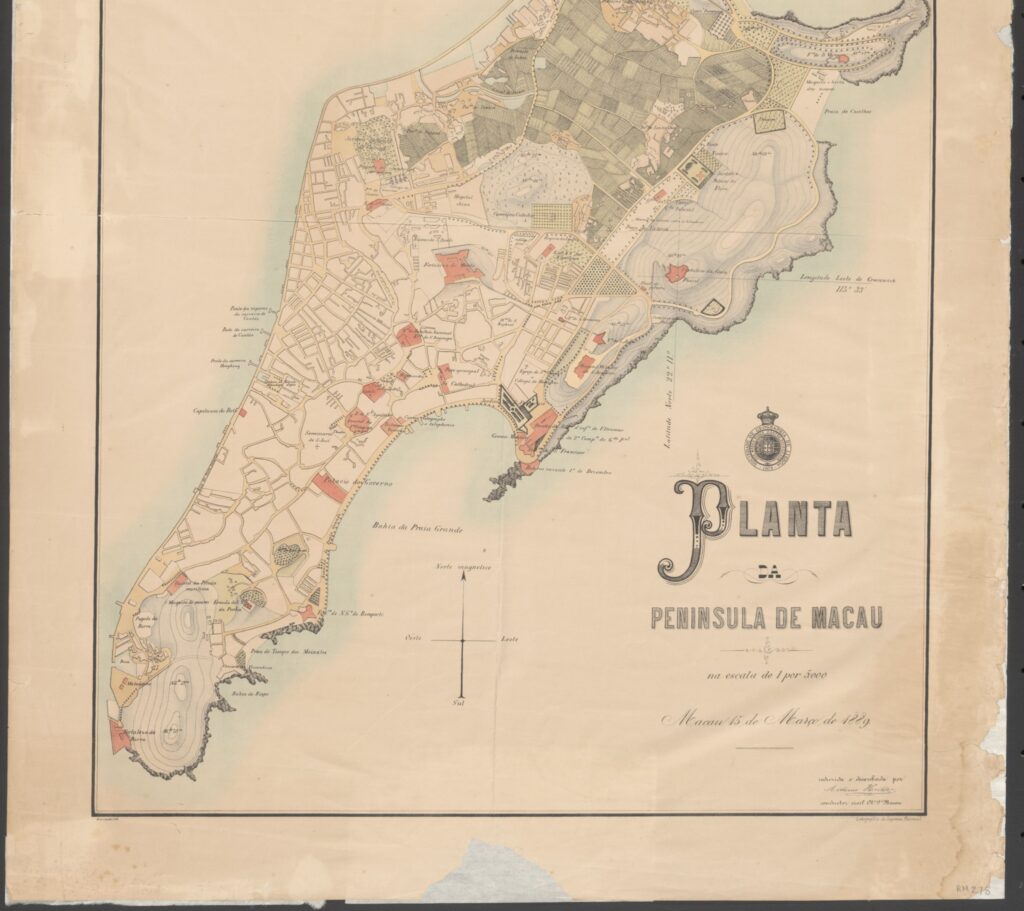
The Portuguese established a base in Macau in the 16th century for trade and the spread of Christianity. This enclave lasted for four and a half centuries until 1999, when the colony was returned to China.
The Portuguese families there, a close-knit community, developed their own unique culture, dialect and fusion cuisine, and called themselves “Macaenses” or, in English, “Macanese.” Over time, many Macanese families sought a better life elsewhere, emigrating to Portugal, Brazil, the USA, Canada, Australia and many other countries. Their community was fragmented and their 500-year-old culture is in danger of extinction.
This website seeks to preserve their heritage. Our objectives are:
- to engender a sense of pride in Macanese heritage,
- to foster interest in family roots among the descendantes of the Macanese,
- to create a permanent repository for the preservation of cultural and historical records,
- to have the work continue indefinitely into the future.

Recipes

Culture

History
Explore a sua herança macaense
Comida
Cultura
História

Os portugueses estabeleceram uma base em Macau no século XVI para o comércio e a difusão do cristianismo. Este enclave perdurou por quatro séculos e meio, até 1999, quando a colônia foi devolvida à China.
As famílias portuguesas ali, uma comunidade unida, desenvolveram sua própria cultura única, o patuá e a culinária de fusão, e se chamavam “macaenses” ou, em inglês, “macanese”. Com o tempo, muitas famílias macaenses buscaram uma vida melhor em outros lugares, emigrando para Portugal, Brasil, EUA, Canadá, Austrália e muitos outros países. Sua comunidade foi fragmentada e sua cultura de 500 anos correu o risco de extinção. Este site busca preservar sua herança e disseminá-la para as gerações mais jovens.
As famílias portuguesas ali, uma comunidade unida, desenvolveram sua própria cultura única, o patuá e a culinária de fusão, e se chamavam “macaenses” ou, em inglês, “macanese”. Com o tempo, muitas famílias macaenses buscaram uma vida melhor em outros lugares, emigrando para Portugal, Brasil, EUA, Canadá, Austrália e muitos outros países. Sua comunidade foi fragmentada e sua cultura de 500 anos correu o risco de extinção. Este site busca preservar sua herança e disseminá-la para as gerações mais jovens.
Nossos objetivos são:
- gerar um sentimento de orgulho pela herança macaense,
- fomentar o interesse pelas raízes familiares entre as novas gerações de macaenses,
- criar um repositório permanente para a preservação de registros culturais e históricos, e
- garantir que o trabalho continue indefinidamente no futuro.

Receitas

Cultura

